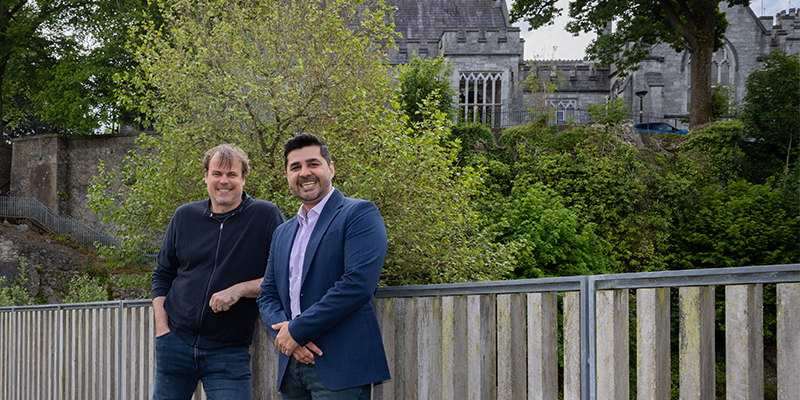In This Section
Pursuing a diet inspired by ‘Papua New Guinean’ eating habits to improve health

A newly developed diet inspired by non-industrialised dietary patterns can significantly reduce the risk of chronic diseases, according to research published in the prestigious journal Cell by an international teams of scientists led by Professor Jens Walter, a leading scientist at APC Microbiome Ireland, a Research Ireland Centre at University College Cork.
“Industrialisation has drastically impacted our gut microbiome, likely increasing the risk of chronic diseases.” explained Prof. Walter.
To counter this, the scientists developed a diet that mimics eating habits in traditional, non-industrialised societies and supports healthy diet-microbiome interactions. The diet contained vegetables, legumes, and other whole-plant foods. One small daily serving of animal protein such as salmon, chicken, or pork but no dairy, beef, or wheat. Very little sugar and saturated fat was used. Fibre-rich: 22 grams per 1000 calories - exceeding current dietary recommendations.
In a strictly controlled human trial, participants followed this diet and consumed L. reuteri, a beneficial bacterium prevalent in the gut of Papua New Guineans but rarely found in the industrialised microbiomes. In just three weeks the diet promoted L. reuteri colonization in the gut, reduced pro-inflammatory gut bacteria, and improved metabolite profiles in the blood. Although participants ate the same calories, they lost weight, and several risk indicators of chronic disease, such as bad cholesterol, blood sugar, and inflammation, were dramatically reduced.
The scientists made all recipes of the diet freely available. Look for NiMeTM diet on Instagram, Facebook, and LinkedIn.
The review is published in Cell and is available to read online: Cardiometabolic benefits of a non-industrialized-type diet are linked to gut microbiome modulation
